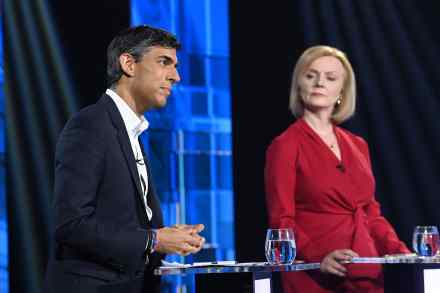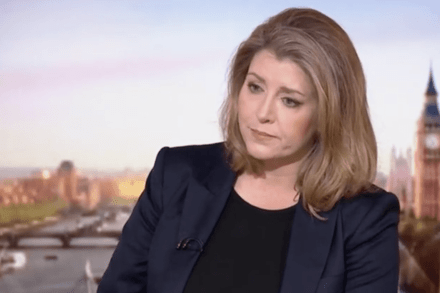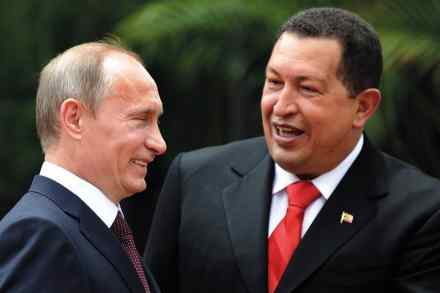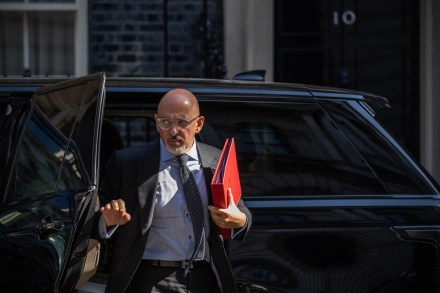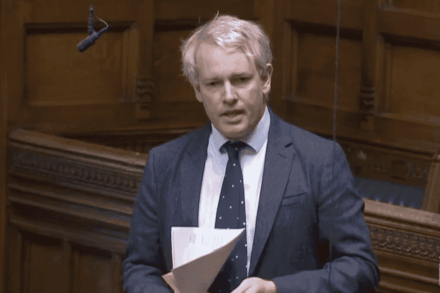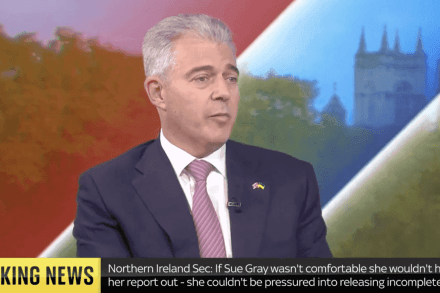The verdict: the second Tory leadership debate
‘If you’re still watching this debate, well done,’ said Mordaunt, bizarrely, in her closing statement. ‘I wish tonight had been less about us and more about you.’ She obviously scripted that comment before she had any idea how the evening was going to pan out and her own contributions were certainly forgettable. But the others made for an interesting night. Tom Tugendhat quite rightly said the whole evening’s discussion – tax, defence etc. – was about the country. ‘We need to restore confidence in our government and in ourselves,’ he said. I’m not sure Britain needs its self-confidence restored: it’s the Tories who are having a collective breakdown. Rishi Sunak
